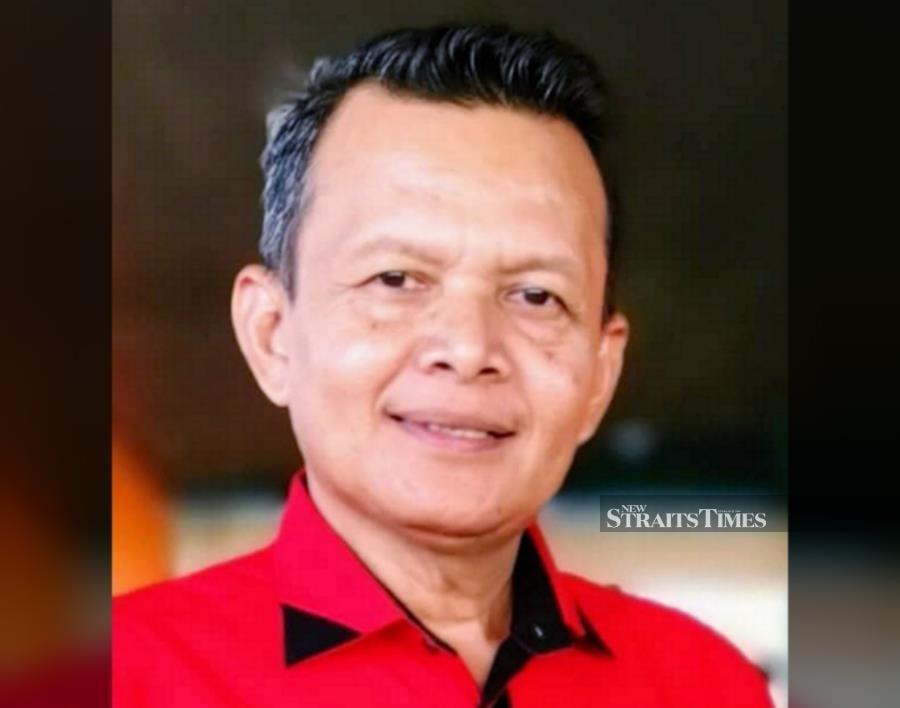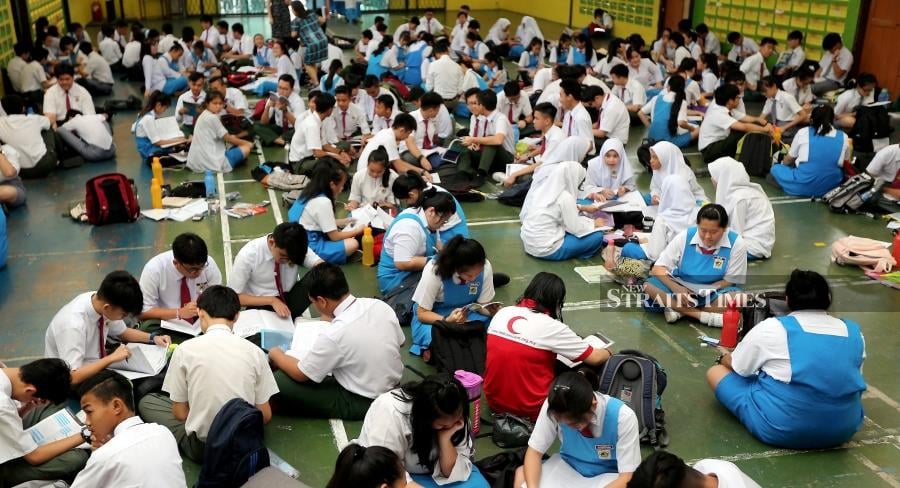KUALA LUMPUR: Educators are concerned about the difficulties they are likely to face when the Science, Technology, Reading, Arts and Music (STREAM) education system for upper secondary students kicks off next year.
STREAM scraps the Arts and Science streaming system and is part of the transition from the Secondary School Integrated Curriculum (KBSM) to the Secondary School Standard Curriculum (KSSM), which is designed to develop students’ professional, higher-order thinking and 21st-century skills, and values to meet industry needs.
The National Union of the Teaching Profession (NUTP) feared that students would choose elective subjects that were beyond their capabilities and that might pose a challenge to teachers.
While supporting the Education Ministry’s effort to implement KSSM, NUTP president Aminuddin Awang said the ministry should address the burden and challenges faced by students and teachers.
“Not all schools have enough teachers in terms of needs based on the options,” he said.
“Many teachers teach subjects that are not based on their course.
“Therefore, there are possibilities that their skills and expertise are not at par with the elective subjects.
“The burden placed on teachers will dampen their interest and enthusiasm to teach.”

He questioned the viability of allowing students to choose an elective subject at another school if their school lacked the facilities and capabilities.
“This is acceptable in theory. However, it will be difficult to implement, especially in rural areas.
“There are also concerns that the number of Bumiputera students who choose Science, Technology, Engineering and Mathematics (STEM) subjects as their electives will be low.”
Aminuddin said this defeated the government’s efforts to produce more Bumiputera STEM professionals.
On the positive side, he said, STREAM would give students the opportunity to choose elective subjects based on their interests and career.
Aminuddin believed with STREAM, students would be motivated to attend school.
He added that the Education Ministry must ensure that teachers were competent and that the number of teachers placed based on the elective options available in the schools were sufficient.
“Teachers should play role in ensuring that Bumiputera students are encouraged to take STEM as their first choice.
“The importance of STEM should be made aware among Bumiputera students to prepare them for careers that require (STEM) professionals.
“At the same time, students should be encouraged not to choose subjects that they think are ‘easy’ if they can potentially excel in STEM.”
On students in rural areas who want to choose elective subjects based on their interests, Aminuddin said it would be difficult for these students, especially if they would have to go to another school to take the subject.
The limited elective possibilities and transportation issues would hinder them from doing so.
Starting next year, Form 4 students will choose from 89 elective subjects, which will potentially determine their career path.
Education Ministry deputy director-general (policies and development) Dr Habibah Abdul Rahim had, on Wednesday,
said the introduction of more elective subjects in secondary schools would replace the decades-old Arts and Science stream system.
The elective subjects comprise 36 under the STEM package and 53 under the Arts and Humanities package.
Habibah said KSSM would see students grouped according to the subjects they chose from these packages.
She said the new system was aimed at enabling students to choose subjects that suit their interests.
However, students are advised to make a wise decision in selecting the package that will pave the way for their preferred profession or field in tertiary education.



